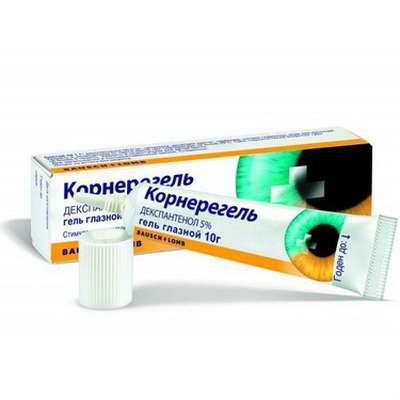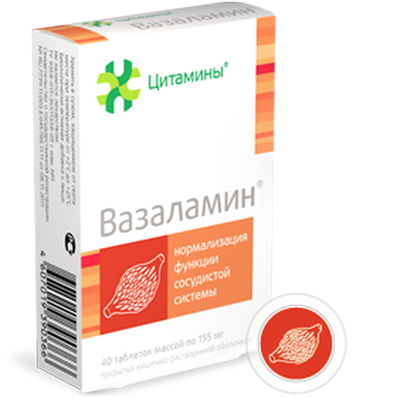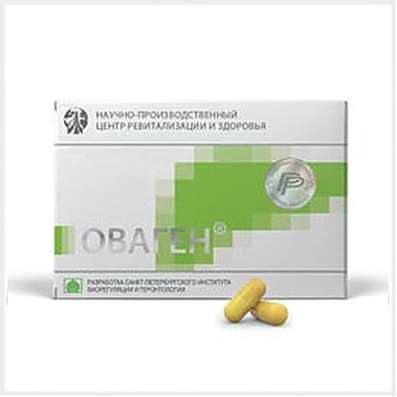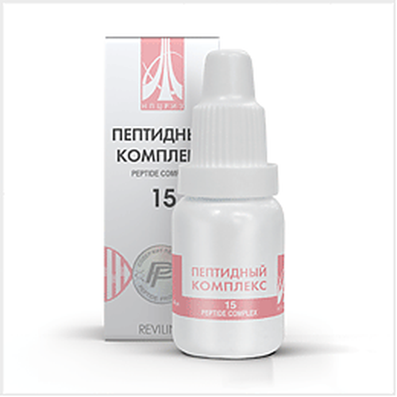Drug Development
25 Oct 2016
Cardiologist Dr. Doping speaks about orphan drugs, the treatment of chronic diseases and the loss of innovation. How is the development of an orphan drug? Why do scientists have to give up some of the innovative ideas? And some experts in this field of medicine today are most in demand?
Having come to the pharmacy, you see a lot of drugs. You would think that they can cure any disease. But in fact, in recent years not so much created really effective drugs. Question: "Why?"
Question: "How drugs developed?". To researchers began to develop a drug or pharmaceutical company to be a combination of several factors:
- It is socially significant diseases;
- A well-known molecular mechanisms of the disease;
- It funds and the possibility to establish a specific medication.
If we divide the various options for the development of drugs for several branches, we will see that they are fundamentally different from each other. First - it is an orphan drug, the exclusive agents for the treatment of rare diseases, breakthrough drugs. It's simple enough. Filmed several movies of this story, when one realizes that this defect, that is associated with a disease, just enough to cure. He gathers a group of scientists who are developing precisely the medicine that has this target. Generally, the synthesis is either a molecule which is then replaced in the body, or the synthesis of a molecule that interacts with a receptor, which is impressed on the disease whose dysfunction is constructed.
Is searched first, those compounds which, for example, communicate with the data with any receptor. This occurs, some of these processes, a computer simulation. Further directed synthesis chemists performed, and then tested have affinity for specific models of the molecule with the receptor, if it can operate at the cellular level, at the level of some animals. And if we talk about these preparations orphanic or about exclusive and rare diseases, there is fast enough, you can see the effect. Once the drug is designed to take if, for example, some children Glycogenoses hereditary diseases associated with a lack of one of the enzymes. If we do this drug, which is in fact working child, a child who would have perished in this case survives. We can see the effect. The only drawback in this case is that the return on the production of the drug is extremely difficult, because here the development of a single molecule in the absence of an exclusive competition is very expensive. This tens, then there are hundreds of millions of dollars. Therefore, these drugs are expensive.
Meldonium or Phenotropil are not exceptions. Meldonium buy was created for heart protection, and Phenotropil for brains improvement.
In principle, the situation is different when we treat the chronic, recurrent disease, where we can not fast track effect. They are hypertension, diabetes. Preparations are made for decades and their effect on mortality - because we ultimately want to prevent assigning the drug, death, or prevent any serious complications such as blindness, - it is very far away, it is quite difficult to trace. The main difficulty here lies in the fact that when a researcher holding a molecule that works great on some models, is extremely difficult to understand that it will work after 20 years in the population of patients who will receive this model. And when scientists study the molecule that probably works, for example, reduce the blood glucose levels, they unfortunately are interested to receive funding.
Pharmaceutical firm often buys a pig in a poke, the molecule that may be in the next phase of clinical trials, even in the first phase, when it is studied in healthy volunteers, it will not work.
Science is becoming opportunistic. If the researcher in America suddenly, for example, realizes that he can make otherwise, can make a molecule which will operate to act on the other link, for example, then it often is precipitated because it has to work accurately, typically in most groups, to the track, in which the laboratory work. The process of writing grant covers half of the time, well, third. And if the laboratory away from its fundamentals, the grant, as a rule, do not give, they say that you move to another field. So often innovative ideas, unfortunately, killed. Later, when the molecule enters the pre-clinical tests, the team - as a rule, it is once again tied it in many ways to finance - need to profitably sell molecule, and, unfortunately, often the dossier for the drug, which is given to a pharmaceutical company, is incomplete. Pharmaceutical firm often buys a pig in a poke, the molecule that may be in the next phase of clinical trials, even in the first phase, when it is studied in healthy volunteers, it will not work. And scientists, the community, it is very, very conservative, everyone knows each other, and no one wants anyone to take. And, of course, pharmaceutical companies also want to buy a drug that works.
Therefore, today one of the most sought-after professionals - those who are engaged in translational medicine, those who can, to see the first phase of trials or preclinical, say that in this case it is necessary to study more this one, this one aspect and this one put another experiment. But such people are very few. And, unfortunately, because of the shortcomings here these here are specialists in translational medicine or because they simply were not there when the drug that has shown excellent results in small studies, deduce the third test phase, when it is tested on several thousand patients as a rule, it turns out that it does not work. There are many examples where the drug did not work. And this is partly due to the fact that here these studies, very large, large, by the best experts of world renown, are very value their reputation. And pharmaceutical companies, unfortunately, investing huge amounts of money, even at the last turn understand that this drug should not be used. This is how modern medicine, unfortunately. And therefore, those drugs that still managed to bring to the market, and which are really effective, are so expensive.
One important aspect here - it is, of course, an aspect of humanism, because still developing new medicines, we researchers have to think about the people suffering from a particular disease. Many pharmaceutical companies understand this, by the way, and for many people a real cure - these are not empty words. The question is, how to improve, how to harmonize the system - it is extremely difficult. The first - is the search for new approaches really, what is called innovation. But the main difficulty here is that the new high-performance molecules are small groups, and understand which of them really deserves attention, is extremely difficult: too many crooks, too many people who do that do not really work. Therefore, the search among these small groups of innovative people who produce real innovation, correct, effective product - it is one of the key possibly the most right ways.

 Cart
Cart





